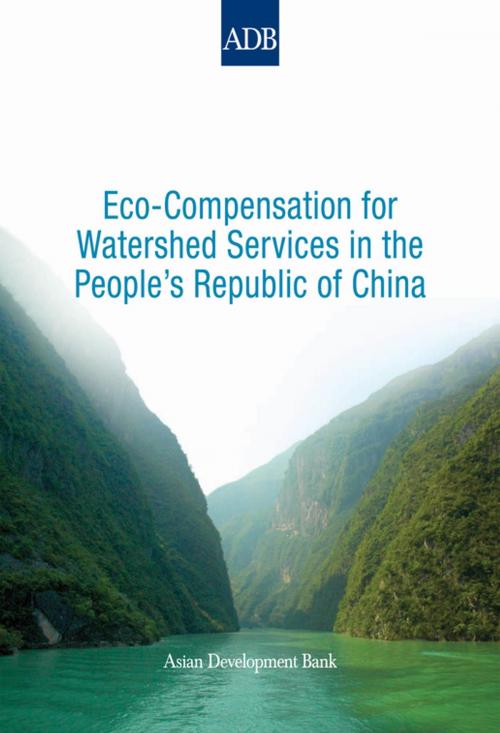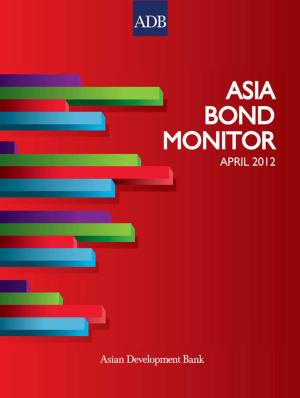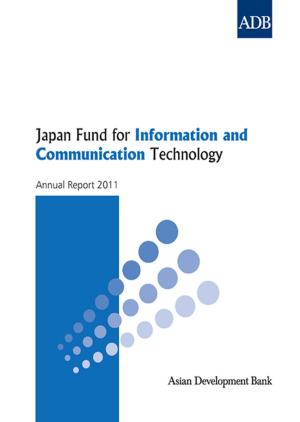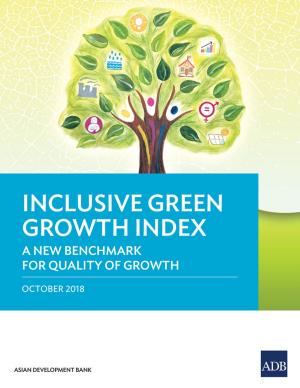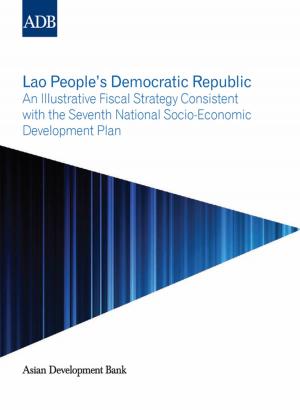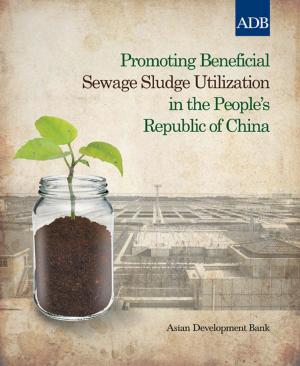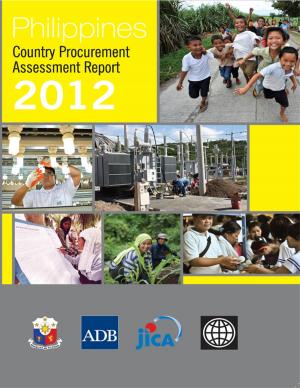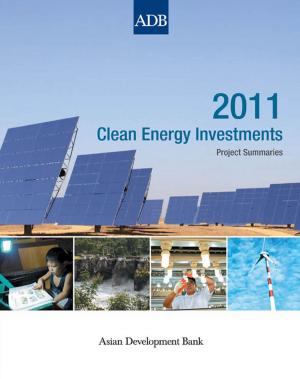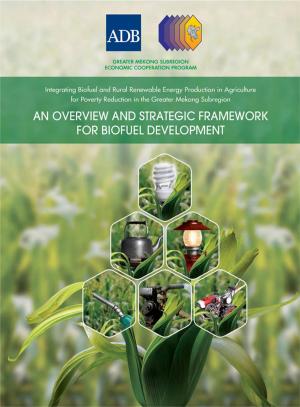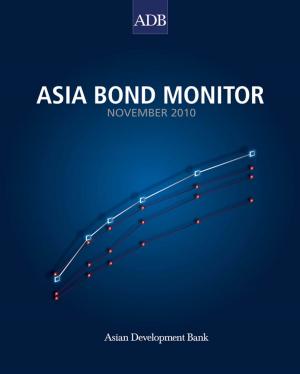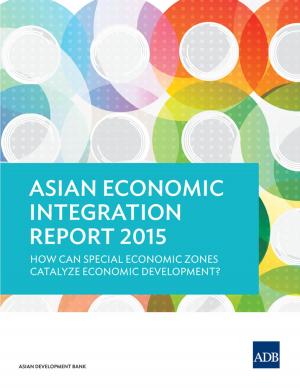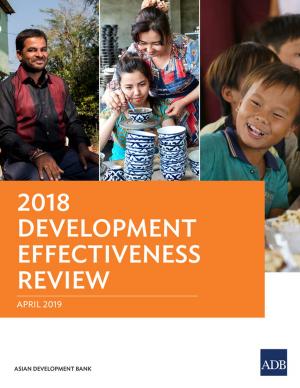Eco-Compensation for Watershed Services in the People's Republic of China
Nonfiction, Science & Nature, Technology, Engineering, Environmental| Author: | Qingfeng Zhang, Michael T. Bennett | ISBN: | 9789290924906 |
| Publisher: | Asian Development Bank | Publication: | November 1, 2011 |
| Imprint: | Asian Development Bank | Language: | English |
| Author: | Qingfeng Zhang, Michael T. Bennett |
| ISBN: | 9789290924906 |
| Publisher: | Asian Development Bank |
| Publication: | November 1, 2011 |
| Imprint: | Asian Development Bank |
| Language: | English |
The People's Republic of China (PRC) is seeking new approaches to improve water management outcomes in the face of a growing water crisis caused by ongoing pollution control and watershed management challenges. This has included numerous experiments in "eco-compensation" (which shares characteristics with payments for ecological services). This paper details progress in creating a national eco-compensation ordinance and discusses the ongoing institutional challenges in its effective development. Water is possibly the single most-pressing resource bottleneck of economic growth for the PRC over the medium term. As such, the degree to which such initiatives are ultimately successful is not only critical for the PRC but also has major ramifications for global food, fuel, and commodity markets and production chains.
The People's Republic of China (PRC) is seeking new approaches to improve water management outcomes in the face of a growing water crisis caused by ongoing pollution control and watershed management challenges. This has included numerous experiments in "eco-compensation" (which shares characteristics with payments for ecological services). This paper details progress in creating a national eco-compensation ordinance and discusses the ongoing institutional challenges in its effective development. Water is possibly the single most-pressing resource bottleneck of economic growth for the PRC over the medium term. As such, the degree to which such initiatives are ultimately successful is not only critical for the PRC but also has major ramifications for global food, fuel, and commodity markets and production chains.
